Planning weddings is complicated. But most people still struggle to see the importance of a wedding planner.
The main reason is that although planning a wedding is hectic; we assume it just needs a little organization. So it can’t be that hard, right?
Some people are not accustomed to that level of stressful planning, while others may find it a piece of cake. So should you risk seeing if you can manage it on your own?
There is also the concern of whether a wedding planner can truly capture your vision..who knows your family’s history and unique love story more than you do? Others may be concerned that a wedding planner is a luxury they can simply do without and save the charges.
In this post, we will investigate this question deeper. Let’s first start by understanding who a wedding planner is and what they do.
The Different Types of Wedding Planners

A wedding planner is any person in charge of planning, designing, and smoothly executing a wedding. However, depending on their expertise and your agreement, their roles may either increase or decrease. Here are the different types of wedding planners you can choose.
Full-Service Planners
They are involved with the wedding ceremony and celebrations from beginning to end. That is why another name for them is “full-service” planners.
They identify and hire vendors, book locations, take care of invites, create a floor plan and timeline, and oversee everything on the wedding day. They are often hired as far out as a year in advance.
They take care of every little thing, and often they even help choose the wedding’s aesthetic. You want to hire a planner so you can lean on their expertise and experience.
Partial-Service Planners
They are often referred to as “month-of” planners and typically get involved four to six weeks before the major ceremony.
They might help you identify a particular vendor, but more often than not, they serve as your point of contact for the ones you’ve already hired. They also confirm logistics, set schedules, assist with seating arrangements, and take care of other last-minute duties and details.
On the wedding day, they oversee everything and help give you peace of mind.

Day-of Planners
Day-of planners often just step in on the event day and are not involved in creative decision-making.
They serve as the event manager for the big day and occasionally the rehearsal, directing the wedding guests and vendors where to go, keeping everything on schedule, and fixing issues.
Specialty Planners
Specialty planners concentrate on a particular facet of the celebration, such as the schedule or finding the ideal location.
The “design and decor” consultant, more appropriately known as a “wedding designer,” is one example. This specialist focuses on the aesthetics of the wedding, including the color scheme, decor, style, lighting, and floor plan.
They will work with the vendors and supervise setup and cleanup, but they won’t be involved in the boring details or the overall timetable.
You can, therefore, also have a planner solely responsible for ensuring the schedule runs smoothly. The categories of planners here are pretty vast.

What’s the Difference Between Wedding Planners and Wedding Coordinators?
People often use these terms interchangeably, but they are not the same thing. Misusing these terms could make you not get the wrong person and confuse you even more about whether or not you should have a wedding planner.
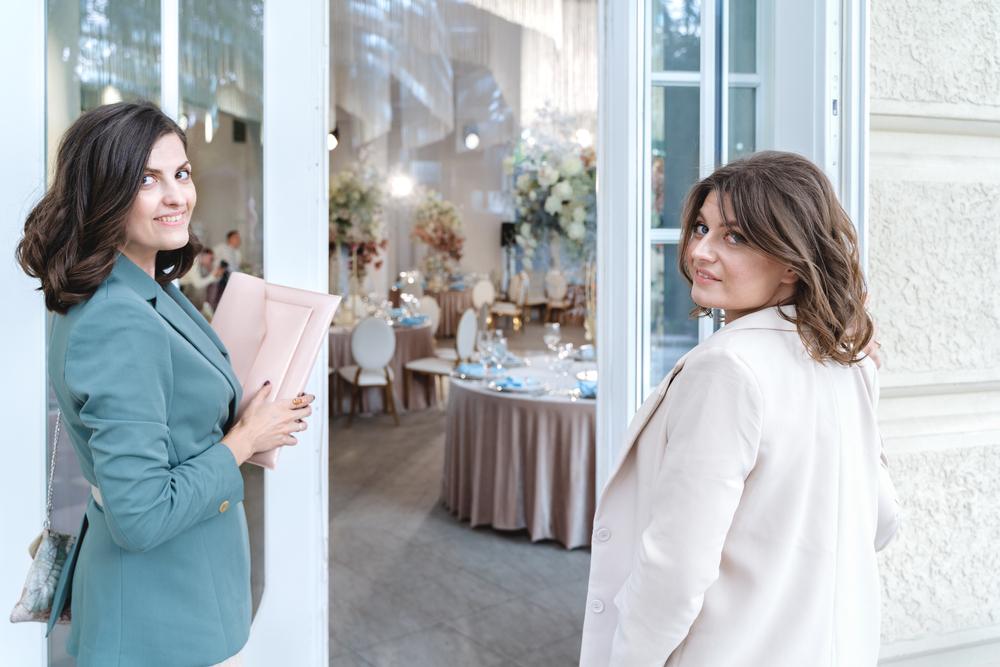
So, first of all, a wedding planner is involved in planning and organizing a wedding from the very beginning.
As a result, they assist couples in creating a budget, locating and hiring vendors, organizing and setting a schedule for the ceremony and reception, and managing all aspects of the wedding day.
A wedding planner offers a wide range of services. Therefore, they will fall under full-service and partial-service wedding planners.
The services of a wedding coordinator are relatively limited. They participate less in the wedding’s design, budget, and vendor selection because they are involved later in the process.
They serve as the venue’s and the vendors’ point of contact. They also create a timeline for the activities of the wedding day and are present to oversee them, ensuring that everything goes according to plan. They fall under the category of a professional month-of or day-of wedding consultant.
What Does a Wedding Planner Do?
We have covered different types of planners already. Therefore, we will focus on what a full-service planner offers. This exhaustive list will help you see what a wedding planner’s maximum potential is-
Coordinate Design
When couples hear “wedding planner,” they frequently assume organization and planning.
But even more than that, most full-service wedding planners also include design services to assist couples in choosing color schemes, creating floor plans, selecting décor, renting items and lighting, and creating an overall aesthetic that permeates the entire event. If your wedding planner does not provide these services, they can quickly put you in touch with someone who does.
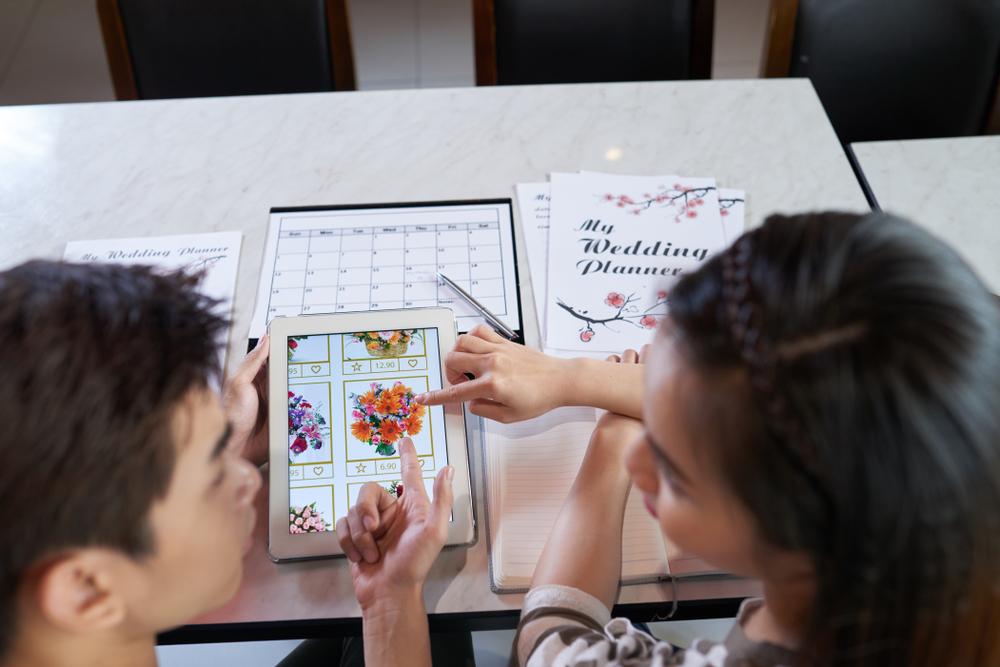
Oversee Wedding Finances
Depending on your package and contract agreement, a wedding planner will not only guide pricing and projections but will also keep track of when your deposits and other payments are due, ensuring that no deadline is ever missed.
Even though they can be expensive, a wedding planner will provide expert advice to help you save money.
Offer Fashion Advice
Your planner can advise if you want an unbiased perspective when looking for your wedding dress, suit, tuxedo, or accessories.
They will look at things through a professional lens, unlike your friends and family, who probably just want you to be happy. They will also have the best suggestions for blending the outfits with the theme and venue setting.
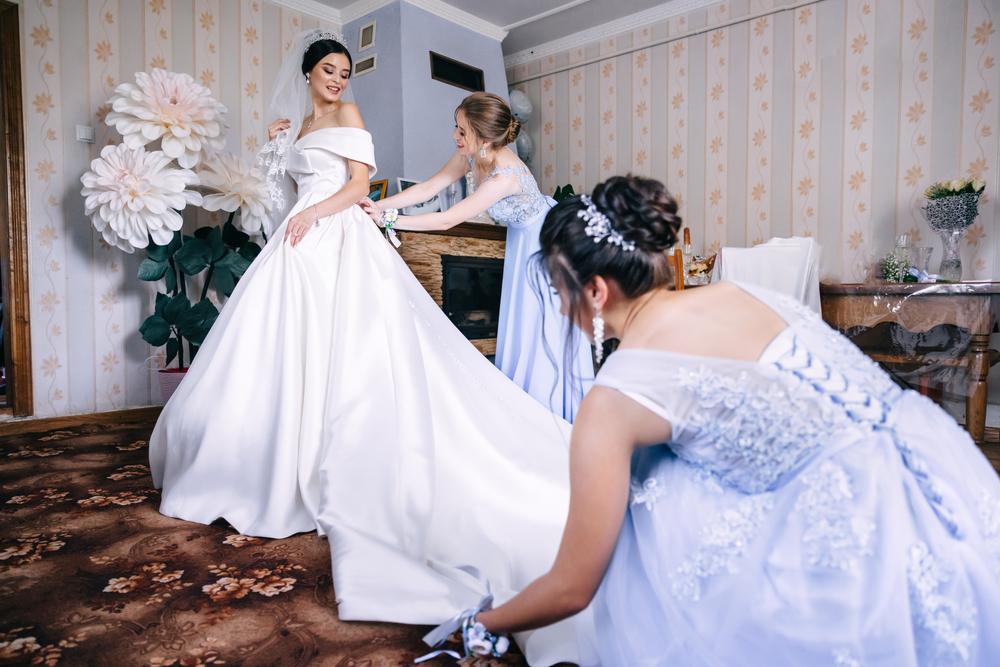
Schedule and Coordinate Wedding Meetings
A competent wedding planner is never behind schedule. They are, therefore, in the most excellent position to oversee the planning of meetings with vendors or the wedding location, facilitating them, and carrying out the decisions made.
Meetings are usually extremely hectic, and getting someone to handle them is a blessing.
Vet Vendors
Another responsibility your wedding planner has is finding, vetting, and settling on the best vendors for your big day.
Most of them already know the best and most affordable and competent vendors. Wedding planners also ensure all vendors have a backup, just in case of anything.

Plan the Guest Experience
It’s all about the experience during the wedding weekend. Your wedding planner can ensure that your guests have an unforgettable experience.
While you sit back and savor the memories, they’ll arrange for things like transportation, hotel room blocks, day-of transportation, and welcome bags.
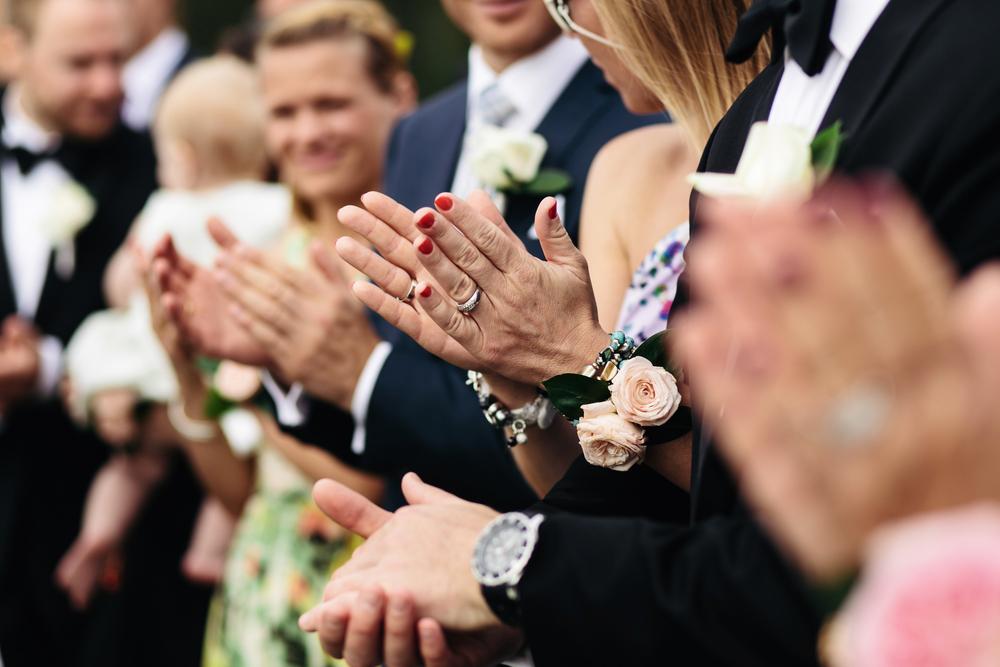
Manage Emergencies
Anything can happen on your wedding day. The rain could start unexpectedly, the cake could get destroyed at the reception, and even your dress or suit could rip. Any kind of unimaginable and terrifying catastrophe could strike.
A wedding planner has backup plans for every one of these possible scenarios. If they don’t, they will work to find one, so you don’t have to deal with the stress on your special day.
Do I Need a Wedding Planner?
We have now covered everything there is to expect regarding wedding planners! But if it’s still a little unclear whether or not you should hire a wedding planner-
Get a Wedding Planner If
- You want a stress-free wedding day
- You can comfortably afford it
- You are a busy person who can’t dedicate time to planning
- You are not too busy, but you have too little time for your wedding
- You have no idea where to start but need help with attention to detail
- You want a destination wedding
- You’re hosting your wedding at an uncommon or novel venue
- You want a weekend wedding that involves many sub-events.

Do Not Get a Wedding Planner If
Couples who are highly organized, prefer to be hands-on, and enjoy researching and digging into specifics would likely find a planner more stressful than helpful.
Avoid wedding planners if you feel uncomfortable with strangers interfering with your ideas.
A wedding planner may not be necessary if your wedding is intimate or the logistics are straightforward. However, it shouldn’t be a problem because it will be similar to planning a small party.
If you are lucky, you may get a venue that provides a wedding planner. The venue will include their charges in the reservation fees but at a lower price. In this case, you will not need to hire any planner unless you want a specialty planner for something.
Whether or not you should really hire a wedding planner depends on your needs as a couple.
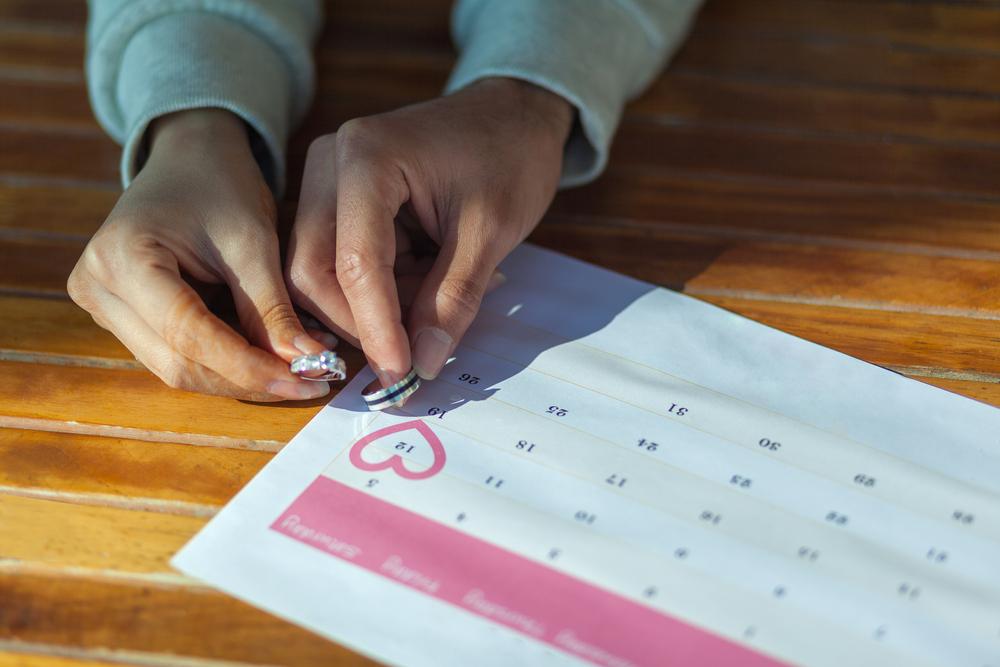
How Much Should Be Spent on Wedding Planners?
The typical fee for full-service planners is roughly 20% of the overall cost of the event. The celebration here refers to the venue and the vendors.
Almost half of the correspondents in this study felt that spending on a wedding planner was a waste of money. Wedding planners can be expensive.
Due to their diversity, it is easy to pick the wrong one for your needs. All these issues contribute to the dissatisfaction people feel about wedding planners. To feel the value for money, you must ensure you get the experience you are looking for.
After reading this article, you will be in an excellent position to make the right decision.

